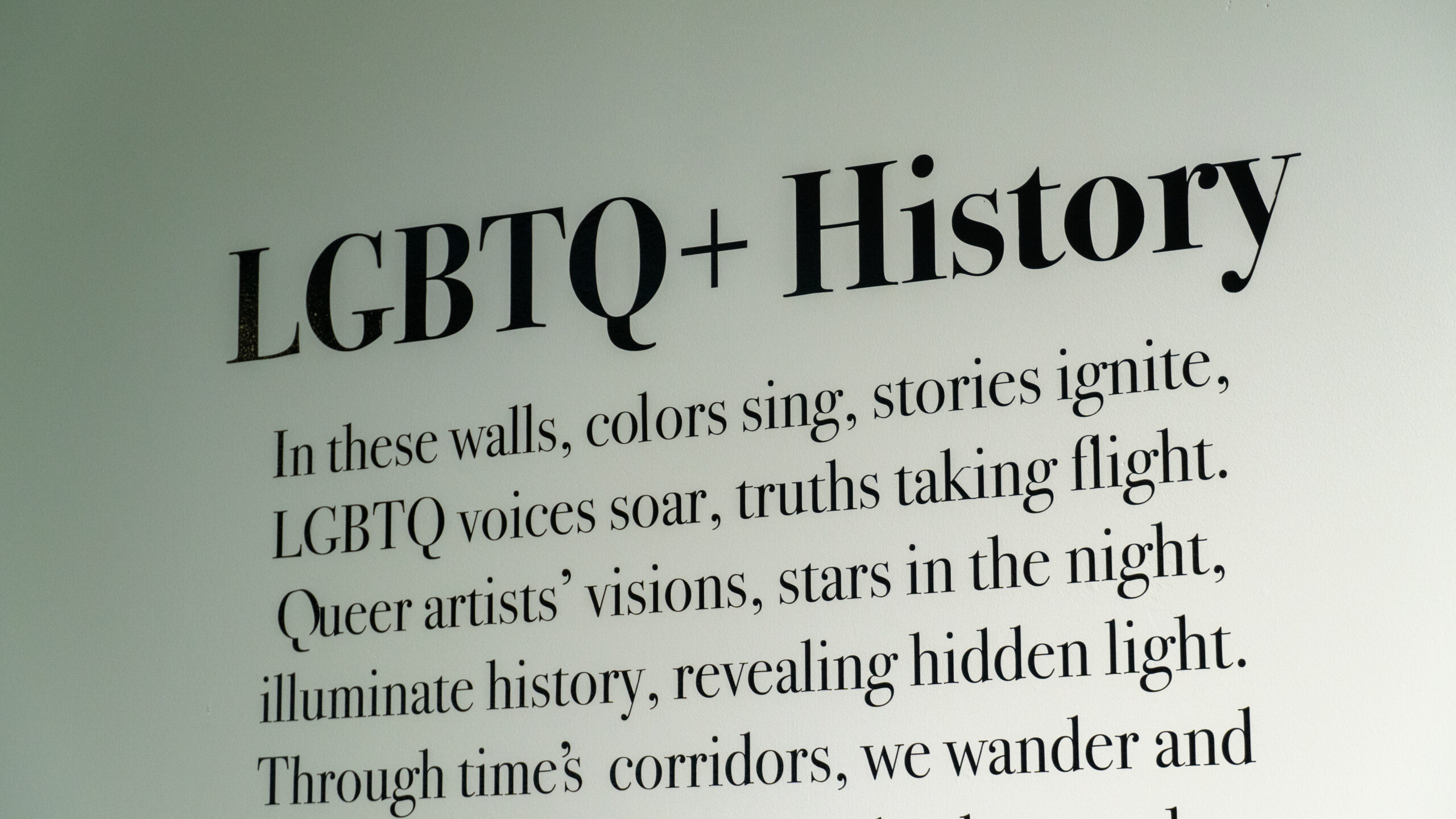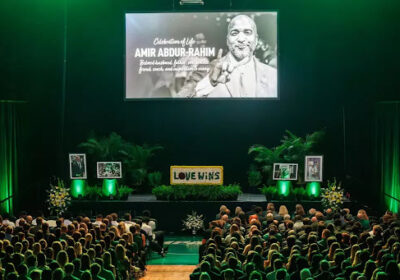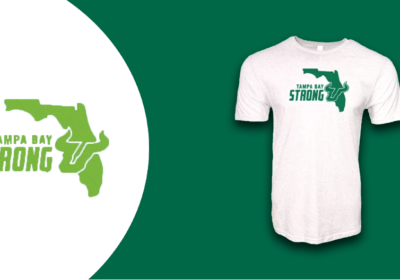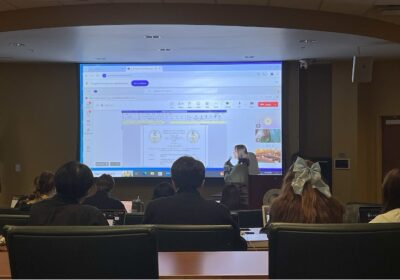Low student turnout affects LGBTQ+ on-campus events

Attendance rates for this year’s on-campus LGBTQ+ History Month events were low compared to last year, according to LGBTQ+ student ambassador Cristian Barbosa.
Because of the political climate, Barbosa said many students were unsure if LGBTQ+ History Month events were going to happen this year, which could have impacted attendance.
“We get questions from students all the time, saying ‘Are you still doing these events?’ Yes, we are,” he said.
Student Programs Coordinator Alison Garcia told The Oracle in October that attendance was expected to be low for LGBTQ History Month events after the LGBTQ+ Career Panel, one of the first events, had only 3 students in attendance.
Related: Low attendance expected for LGBTQ+ History Month events, coordinator says
A screening of the movie “Love, Simon” was among the events canceled because of low attendance — only three people had confirmed attendance the day before it was set to happen on Oct. 26, Barbosa said.
Other events, such as “QTPOC & Coffee” – which included casual dialogues about intersectionality over food and drinks – and “Lesbionest,” were also canceled based on low attendance estimates.
Among events with higher attendance numbers was the National Coming Out Dinner, which saw 112 students, according to Barbosa. The number still didn’t reach the expected full house of around 130 seats.
Events like the Bull Market kickoff and the LGBTQ+ History Month exhibit saw 300 students and 402 students respectively. The LGBTQ+ History Month exhibit drew more students than any other Centre Gallery exhibit this semester based on its first week alone.
Related: LGBTQ+ exhibit draws in most students for an opening reception this semester
Barbosa said the exhibit saw such high attendance because it was promoted early in the month at Bull Market. The kickoff event piqued a great number of students’ initial interest and reminded them that LGBTQ+ History Month events were still happening, according to Barbosa.
Barbosa said he doesn’t believe low student participation in cultural events is a direct result of changes in state legislation, but that such changes have caused the Office of Multicultural Affairs (OMA) to become student-led.
Staff members can’t be officially involved in organizing cultural events like the LGBTQ+ History Month events, according to Barbosa.
Computer science major Jackson Bartosiewicz said he was aware of the LGBTQ+ History Month events happening on campus, but didn’t attend any because they didn’t pique his interest.
“A lot of my friends, in person and online, are a part of the LGBT community, and we all just haven’t had great experiences in public events like that. And I don’t tend to engage in most extracurricular activities to begin with,” he said.
Low attendance due to the lack of student engagement has been a problem seen not only in LGBTQ+ events, but all cultural events organized by OMA, according to Barbosa.
“Student engagement hasn’t been doing well at all, not only for the offices, but for student organizations,” Barbosa said. “Not only is it happening to LGBTQ+ events, but to Latinx events, African American events. [Low student engagement] is hitting all the cultural aspects of campus.”
President of USF’s LGBTQ+ Health Alliance Simone Perciballi said USF does a good job of making LGBTQ+ students feel safe and comfortable on campus, but there’s more to be done in order for the school to be a truly accepting place.
Perciballi said allowing for LGBTQ+ speakers to come to campus and lecture on current issues would be a good start to combatting any homophobia or transphobia on campus.
“I recognize that we live in a state where being gay is not the safest,” she said.
Perciballi said allowing students to express themselves through LGBTQ+-focused events creates a safer and more open atmosphere for those without similar opportunities outside of the university’s social setting.
Events like the Black Heritage month events in February and Arab Heritage month events in April have higher attendance, according to Barbosa.
“It’s not just queer-related events. It’s literally everyone, including fraternities and sororities. I’ve seen a lot of organizations not being able to come back this year because they had low attendance last year,” he said.
Barbosa said because student engagement has not seen significant numbers this year, it’s difficult to predict what the numbers will be like in the upcoming semester.
“We can promote our events, we can market it as much as possible, but it really just depends on whether or not the students want to go or not,” he said.






